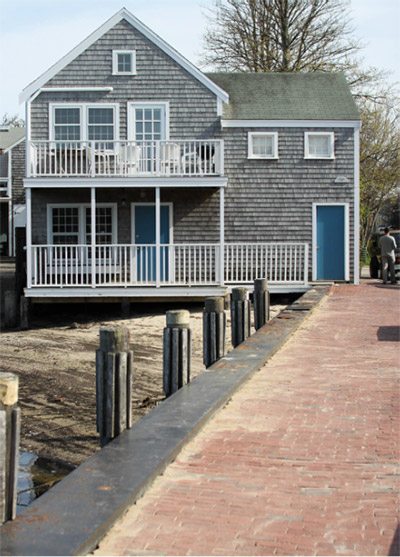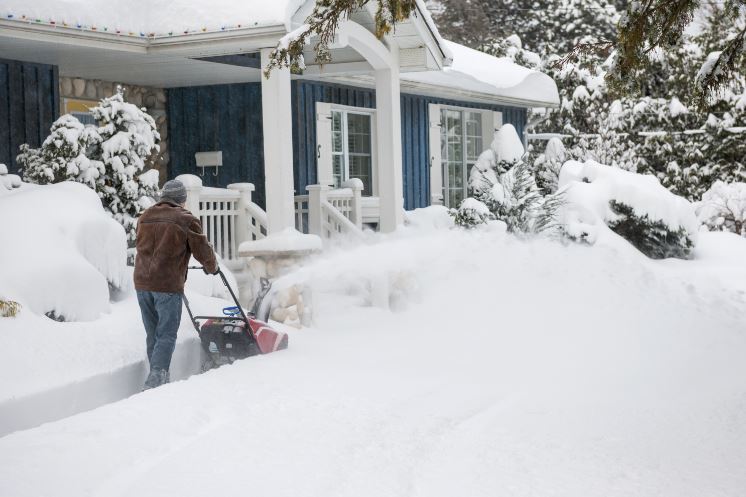
Shopping for insurance? You may think you’re simply looking for an insurance policy. But, perhaps, what you’re really looking for isn’t a “what” but a “who” - someone you can trust to guide you through all of the insurance choices, rather than trying to make sense of all the options yourself online.
That someone is an insurance agent, but there are countless agents out there – not to mention different types. So, how do you choose? Use these four steps to select the type of agent that’s right for you and find one you want to work with to purchase, review and manage your policies on an ongoing basis.
1. Know the Types of Insurance Agents
Some insurance agents represent only one insurance company. These are known as direct, or captive, agents, and they are direct employees of the company whose policies they sell. Any policy he or she sells will be from that company, and that company only.
An independent insurance agent, on the other hand, represents a number of different carriers, oftentimes as an employee of a local agency in your community. An independent agent isn’t restricted by what any one carrier offers, so he or she has more flexibility to help you explore a broader range of options.
2. Get Recommendations
The best way to predict what kind of service you can expect from an agent is to find out what kind of service he or she has provided in the past. Ask for recommendations from family, friends and neighbors, and then ask for more details.
- What does your friend or co-worker like about that agent?
- Have there been any problems or complications?
- Was the agent helpful, attentive and friendly?
- Was the agent knowledgeable, answering all questions satisfactorily?
- Most importantly, were the agent and the company he or she represents dependable, timely and supportive through the process of resolving a claim?
3. Research the Agency and Agent
Once you have a few recommendations in hand, it’s time to research your prospective agents, the agencies where they work and the companies they represent. Here are a few places to check:
- The website of your state’s Department of Insurance. Here you can likely see any complaints, investigations or disciplinary actions against agents, as well as ensure they have an active license. You can likely look up information about various carriers, as well.
- Local chambers of commerce or the Better Business Bureau.
- The agency’s own website, which should outline their services, the types of insurance they offer and the carriers they represent. • Online reviews for the agency.
4. Interview the Agent
Your research paid off, leading you to an agent in your area who seems like a good match for you. Now’s the time to ask some tough questions to be sure.
Tell the agent what you’d like to insure, and ask how he or she would be able to help. If you or a friend has gone through difficult insurance experiences before, ask how he or she would deal with a similar situation.
Ask if they get involved in the claims process, or ask any of those other questions you’ve always wondered about insurance. Pay attention to whether the agent offers specific examples or speaks in generalities, as well as to whether he or she is talking about insurance in a way that makes sense to you. You can also ask for references.
A prospective agent may be able to give you a quote at this point. But, what you really want is a sense of how well you could work with this person. Is this someone with whom you can communicate easily and in whom you can place your trust?
Because, when you’re shopping for an insurance agent, you’re not just looking for an attractive quote. You’re looking for a good working relationship that can endure through new cars or homes, fender benders, storm damage and much more.
For more information, contact Lallis & Higgins Insurance.
Safeco










